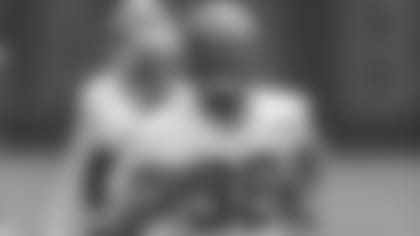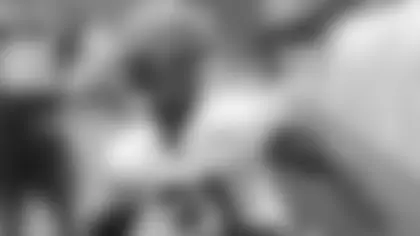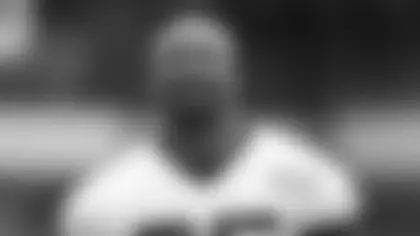**
Browns players, Cleveland police and CMSD students gathered to talk about social injustice.
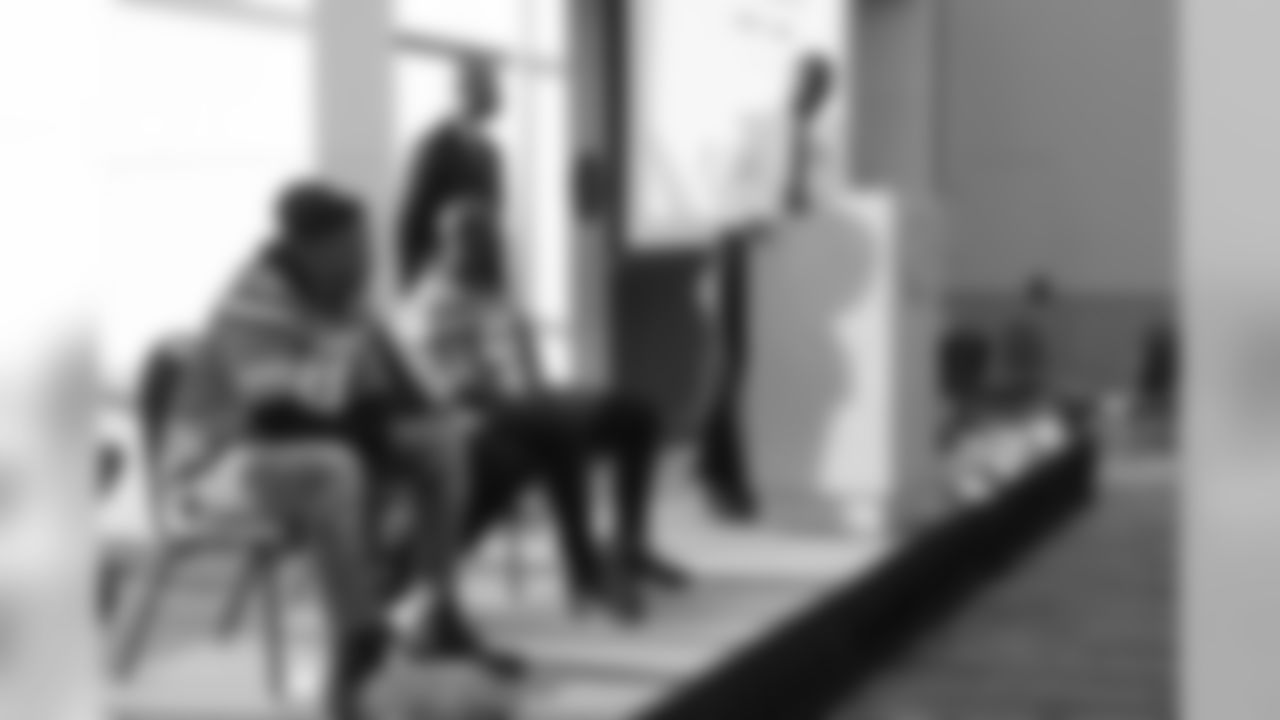
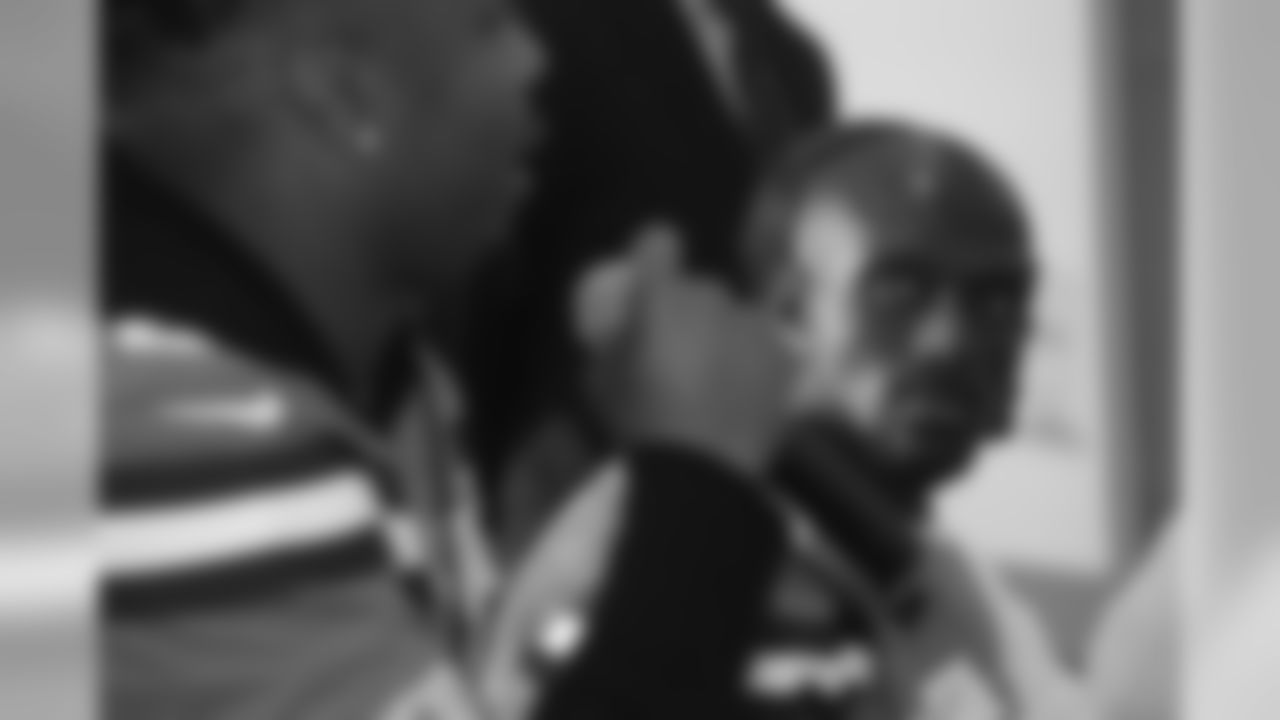
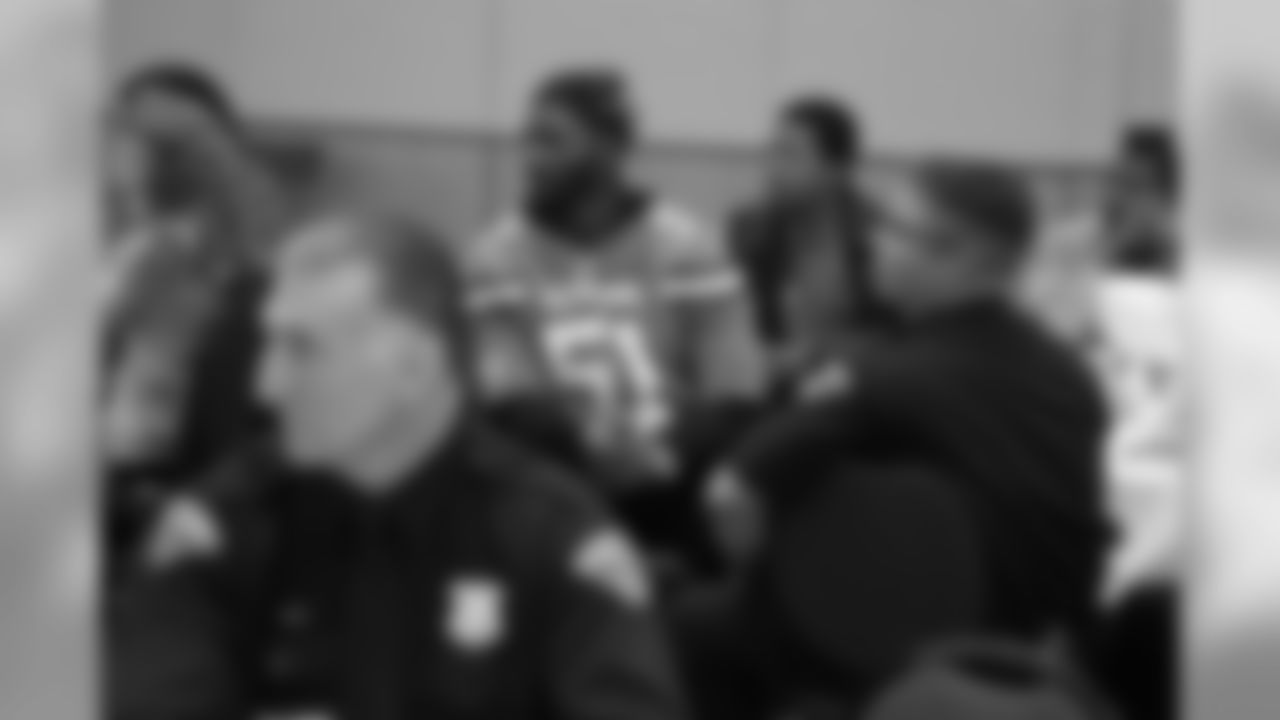
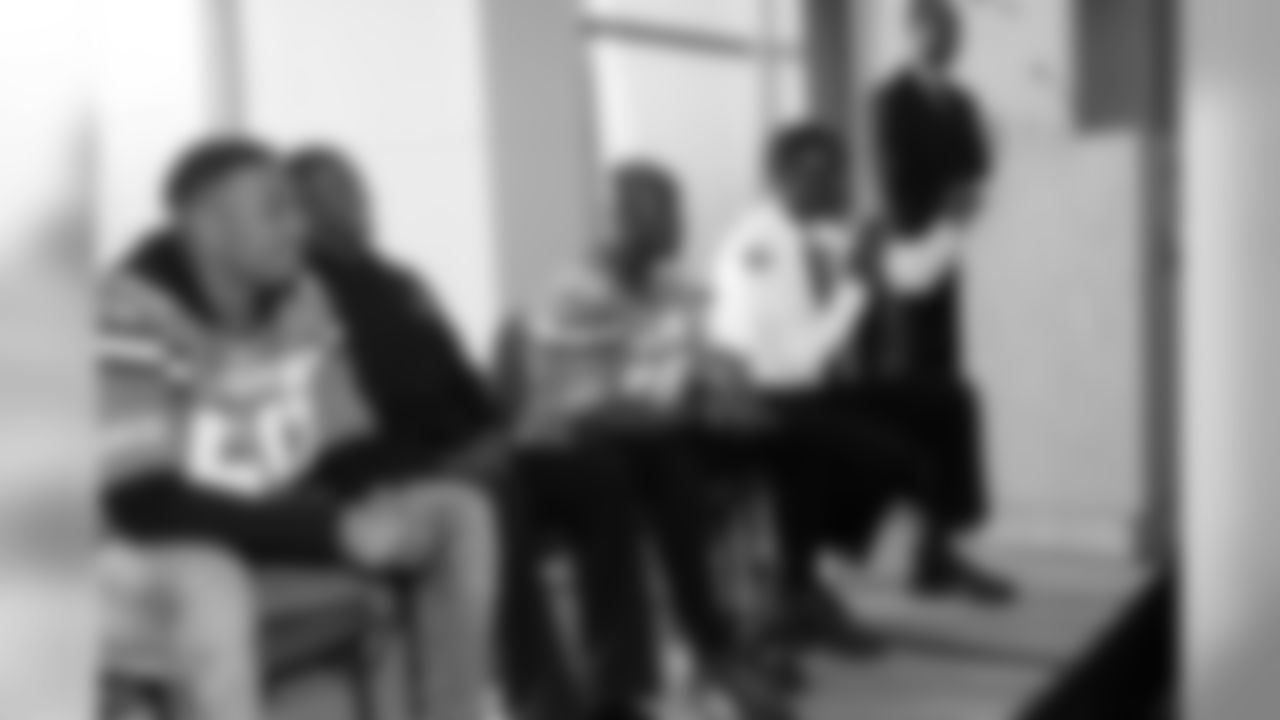
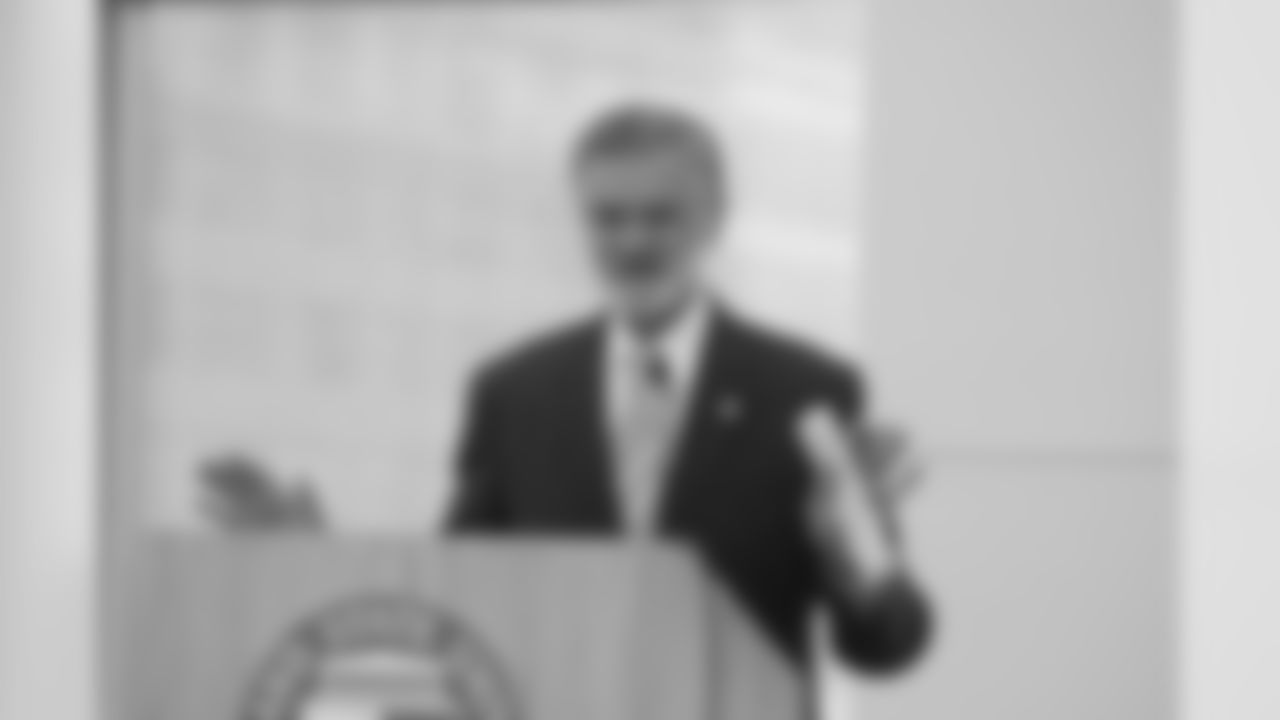
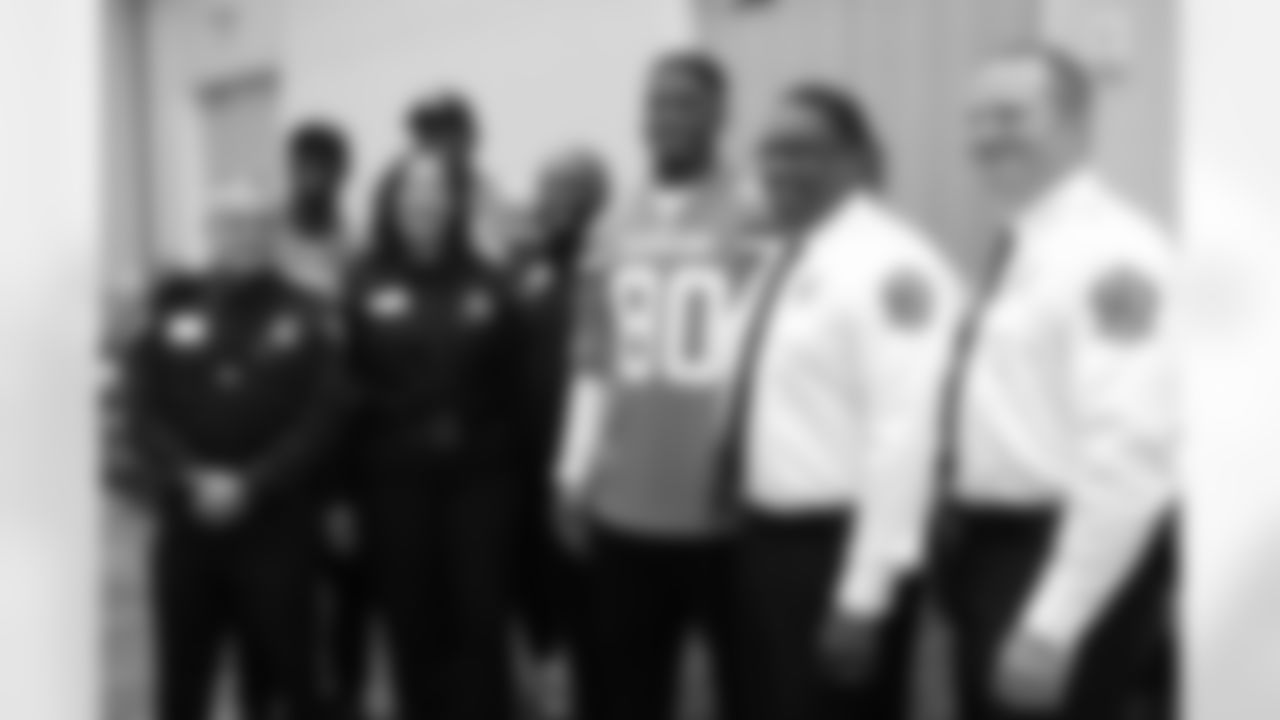
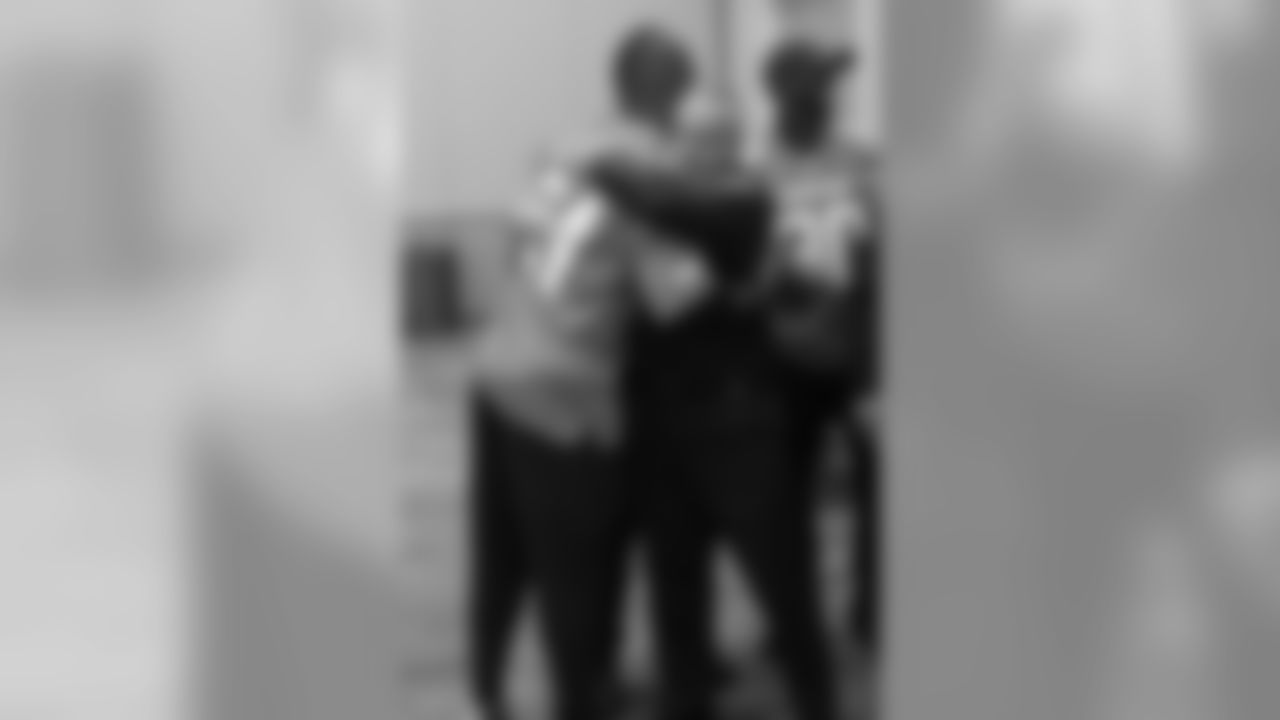
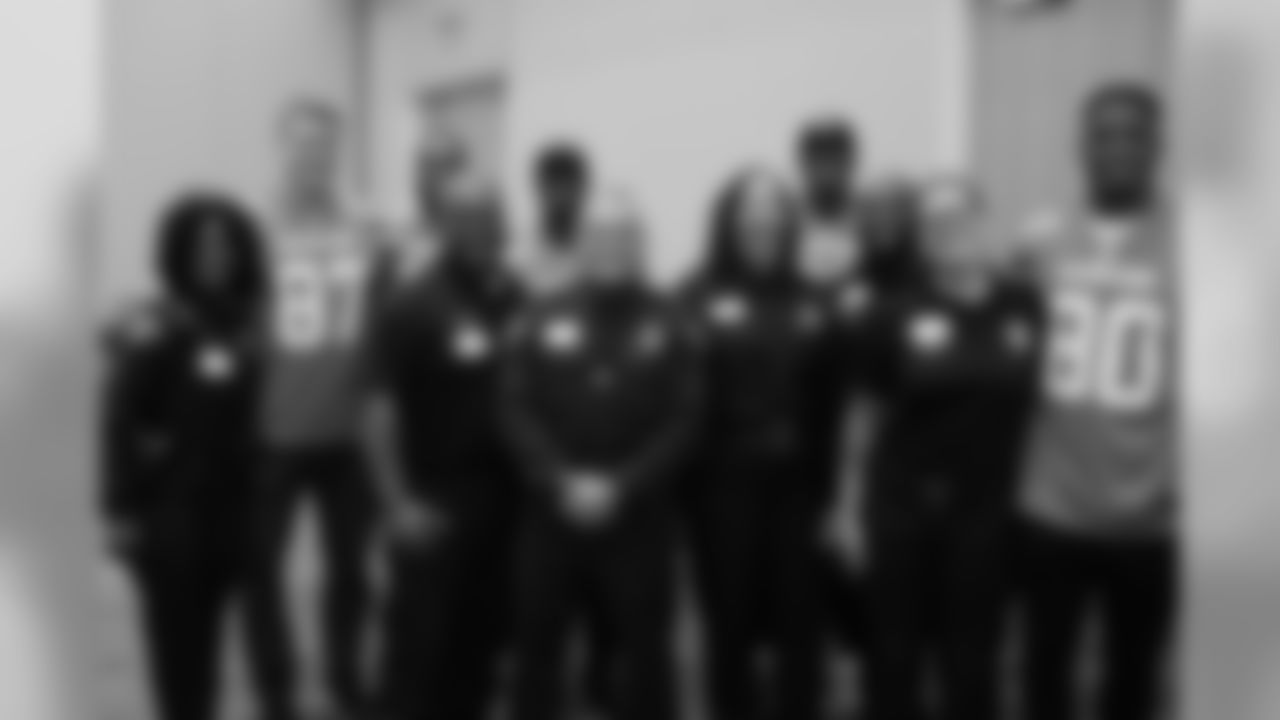
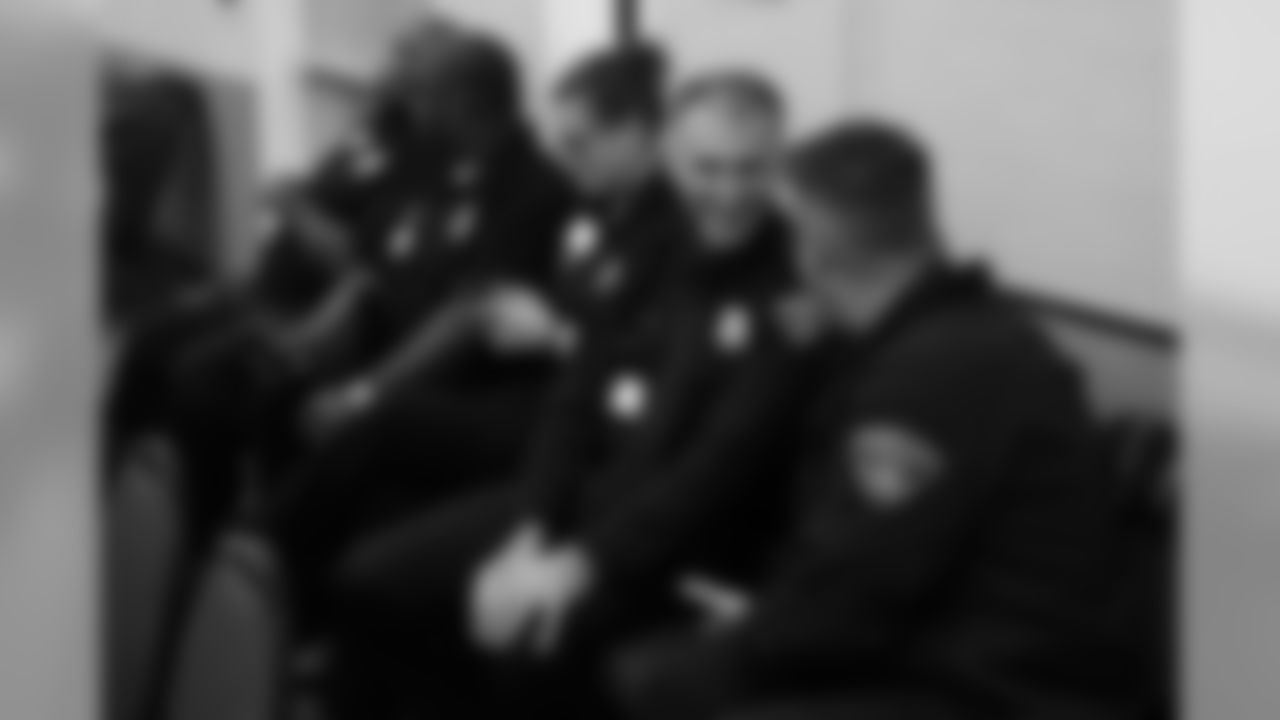
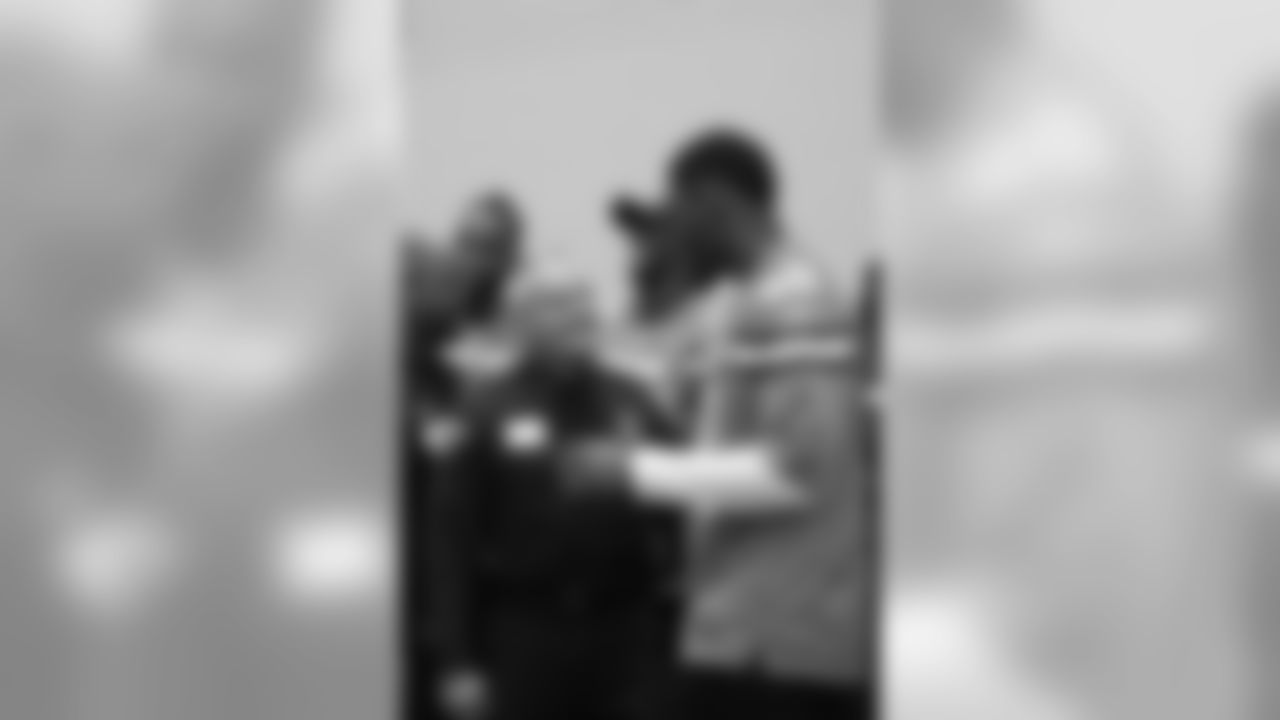
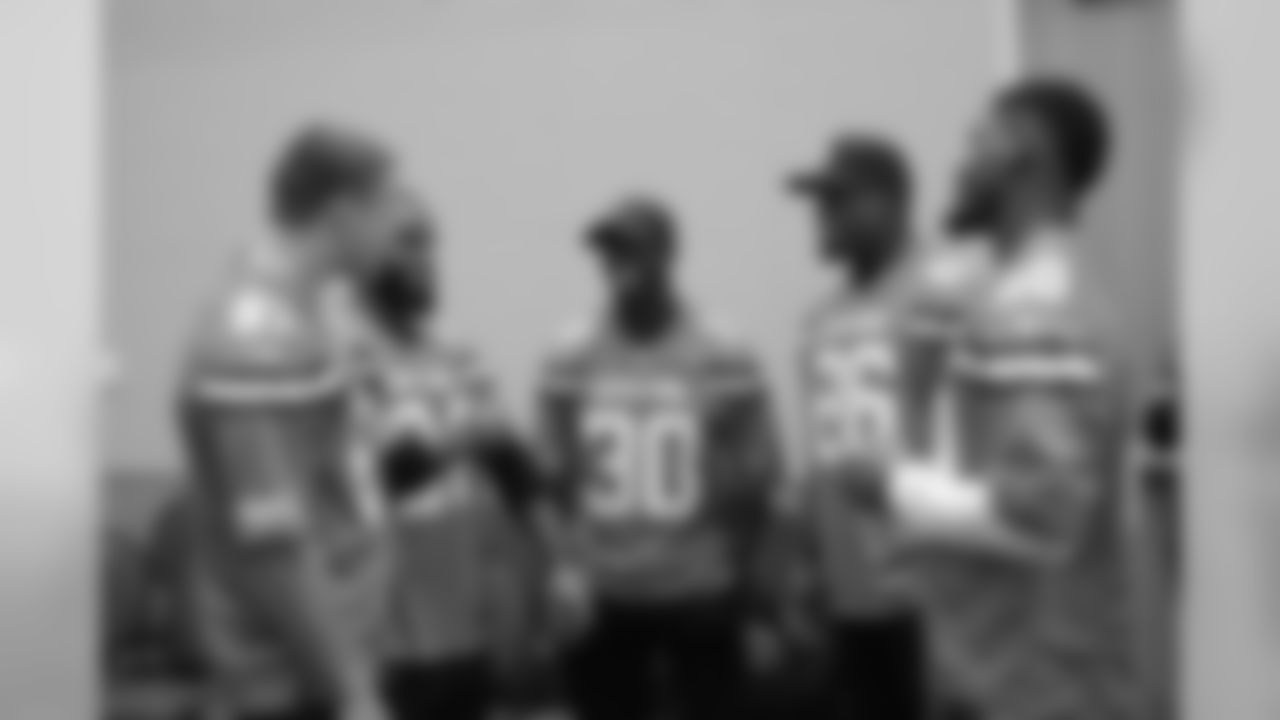
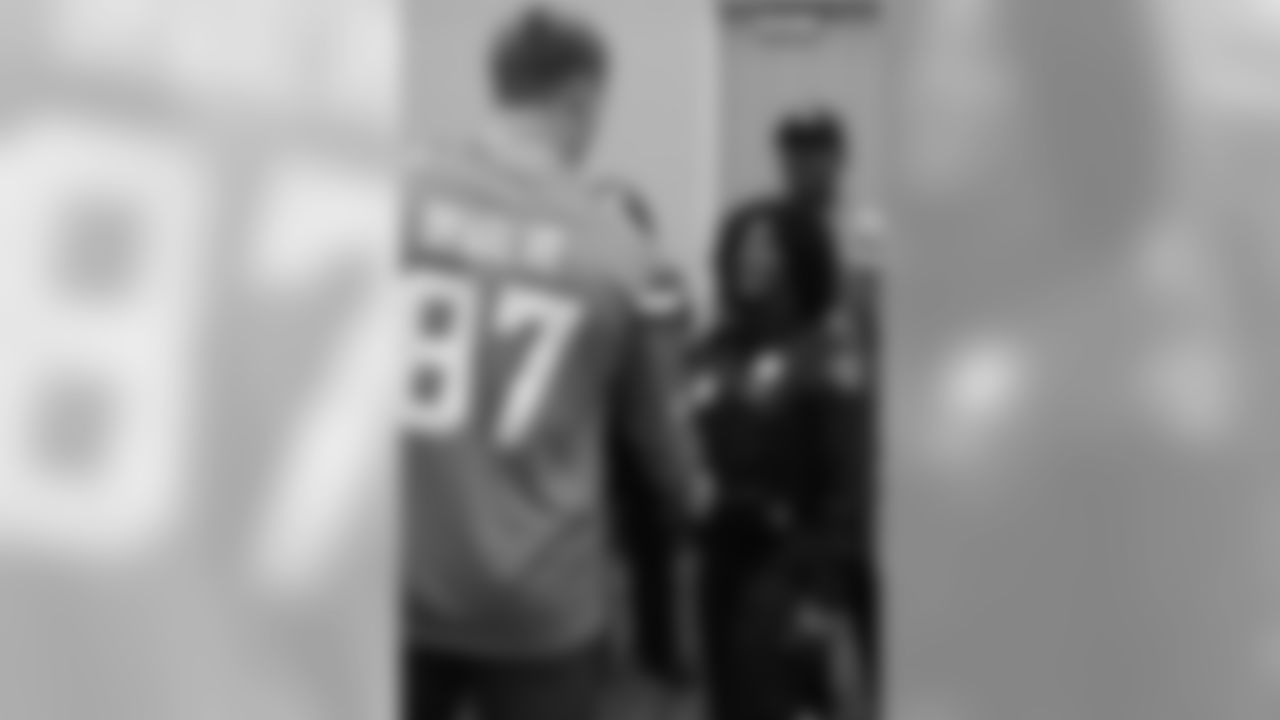
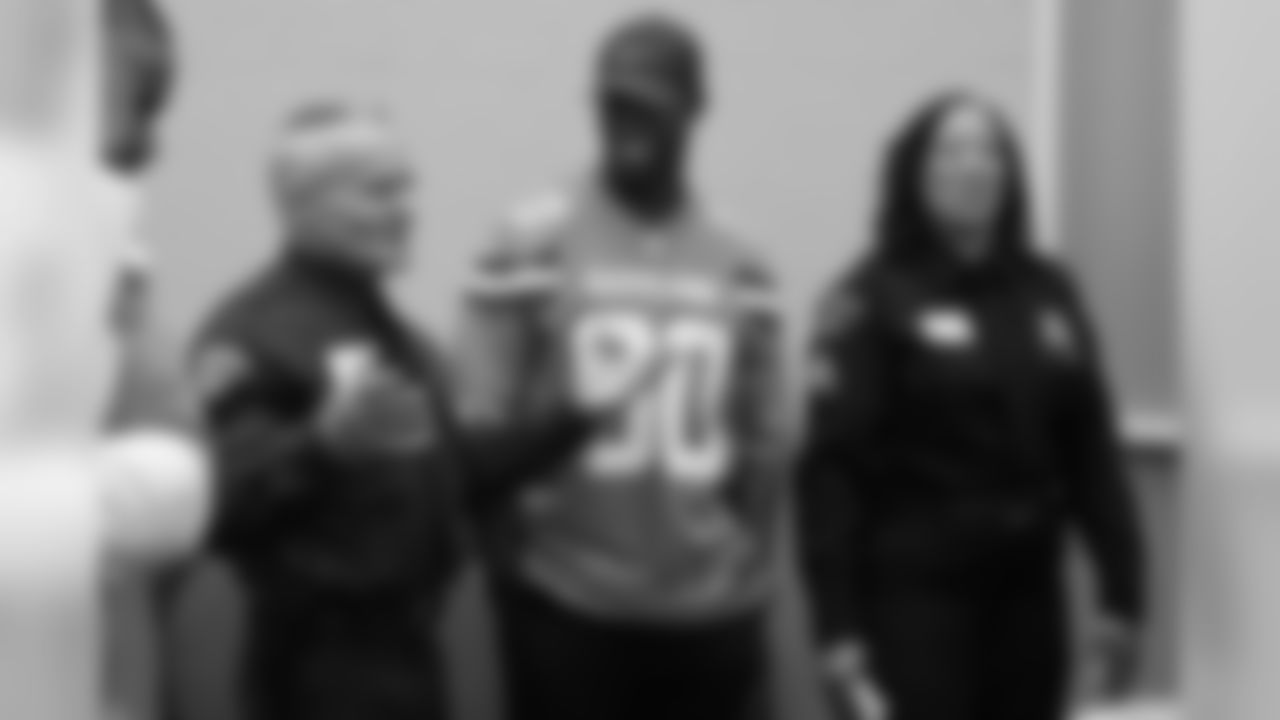
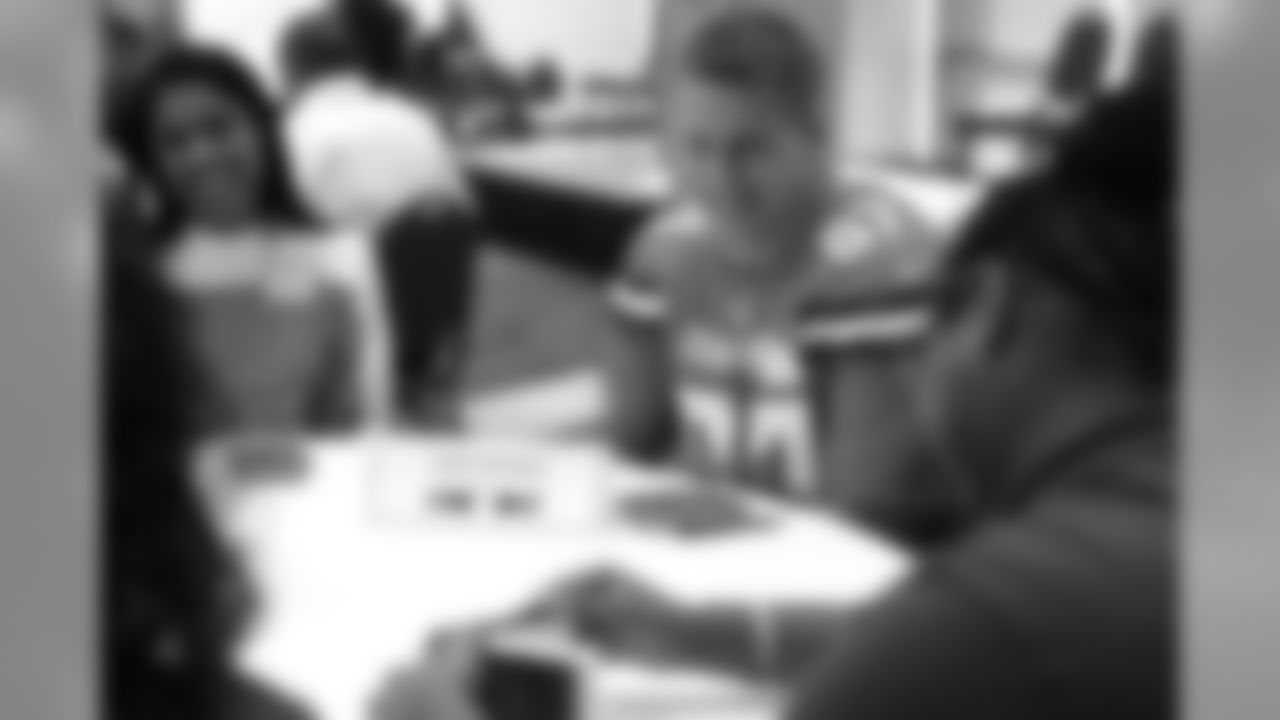

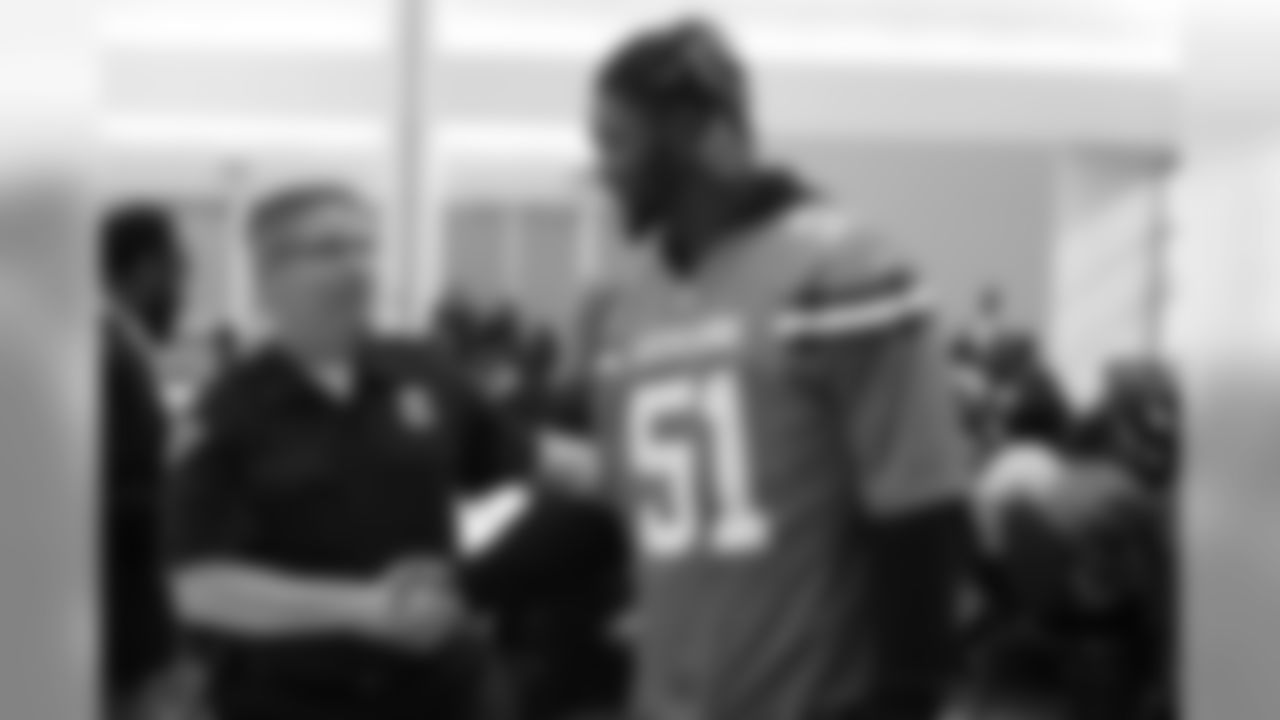
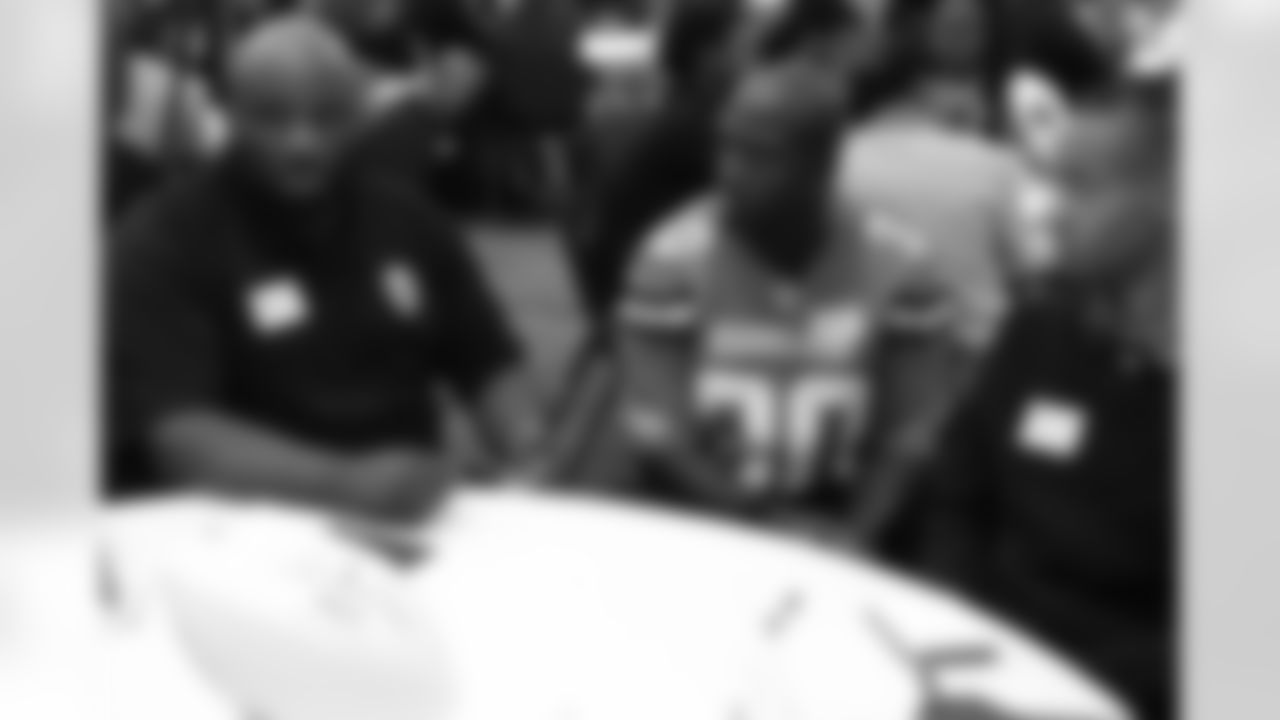
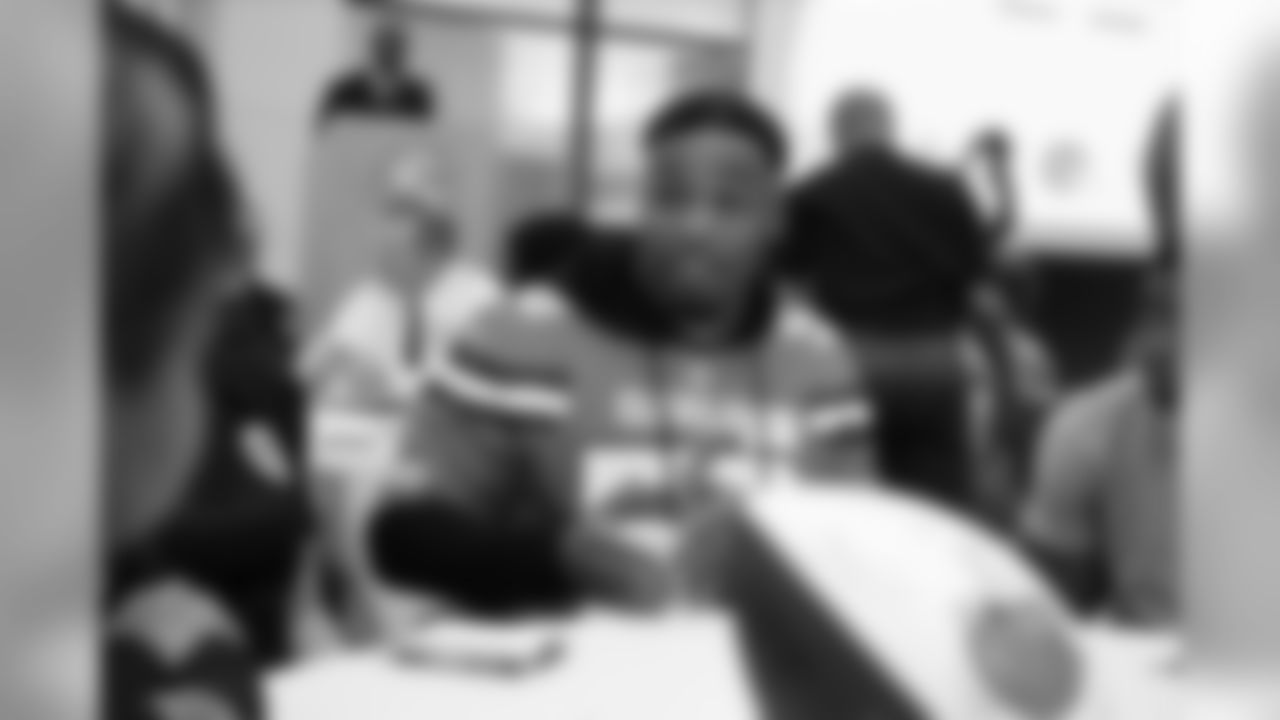
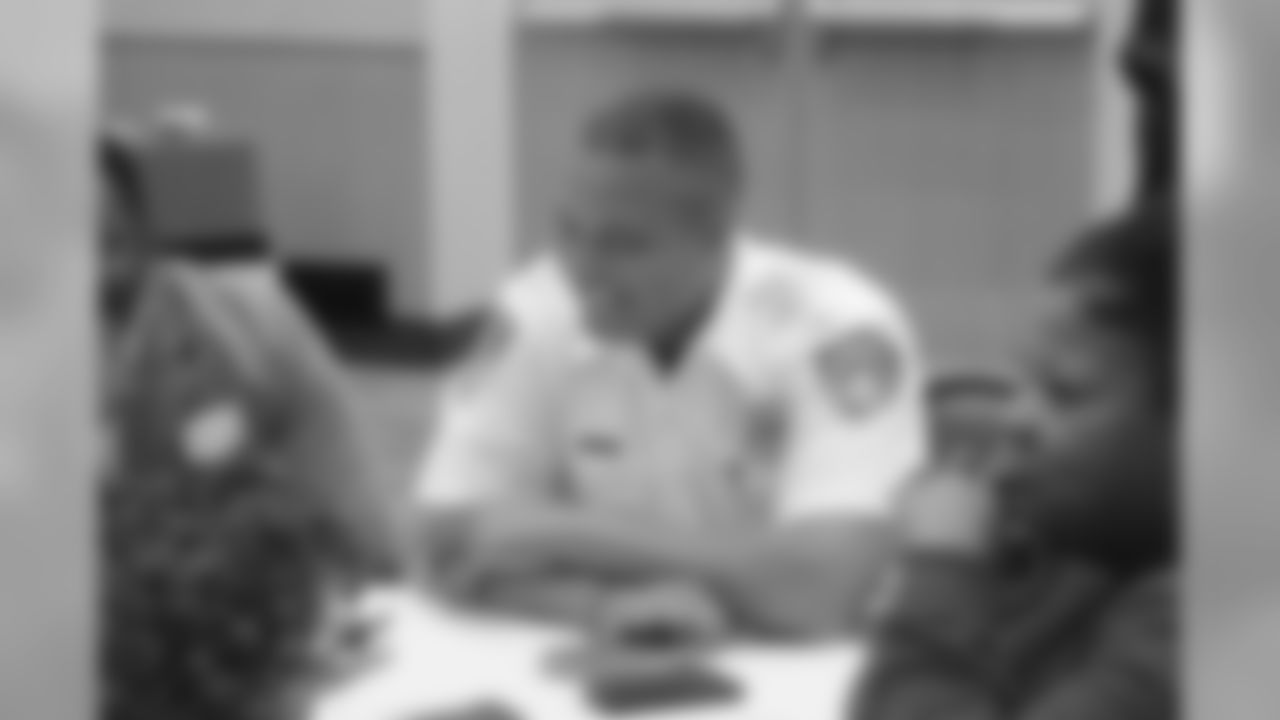
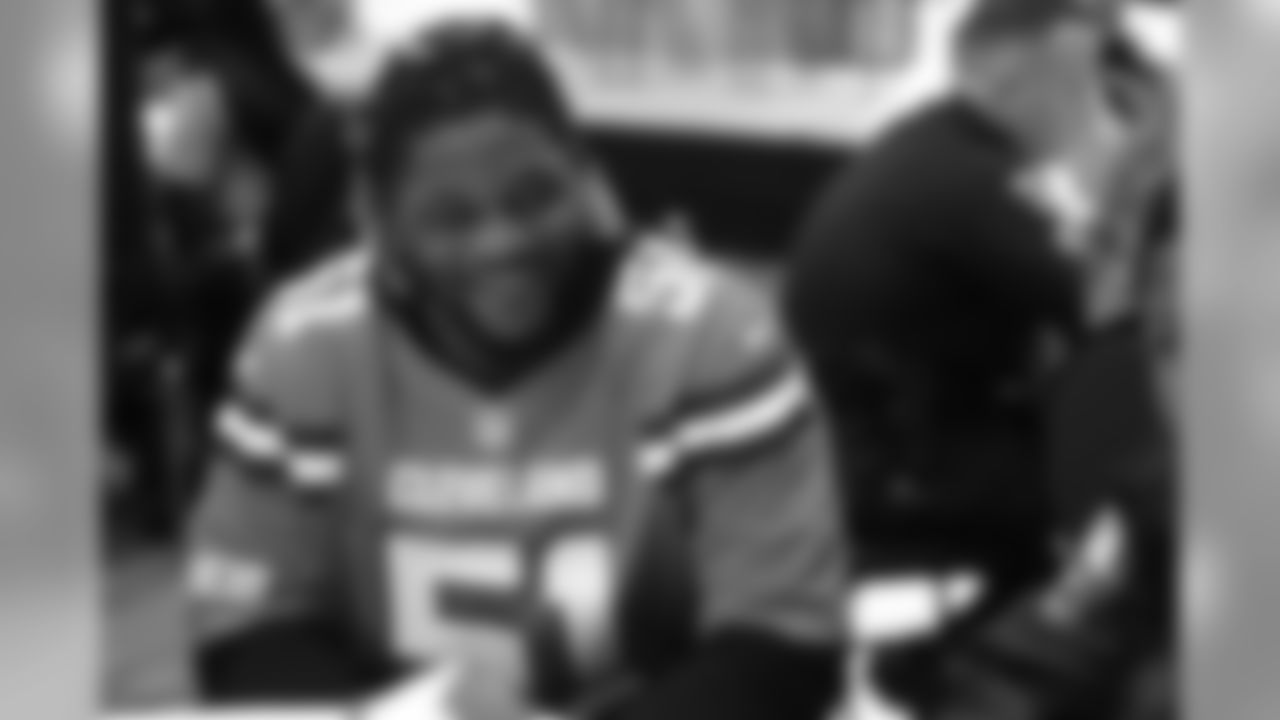
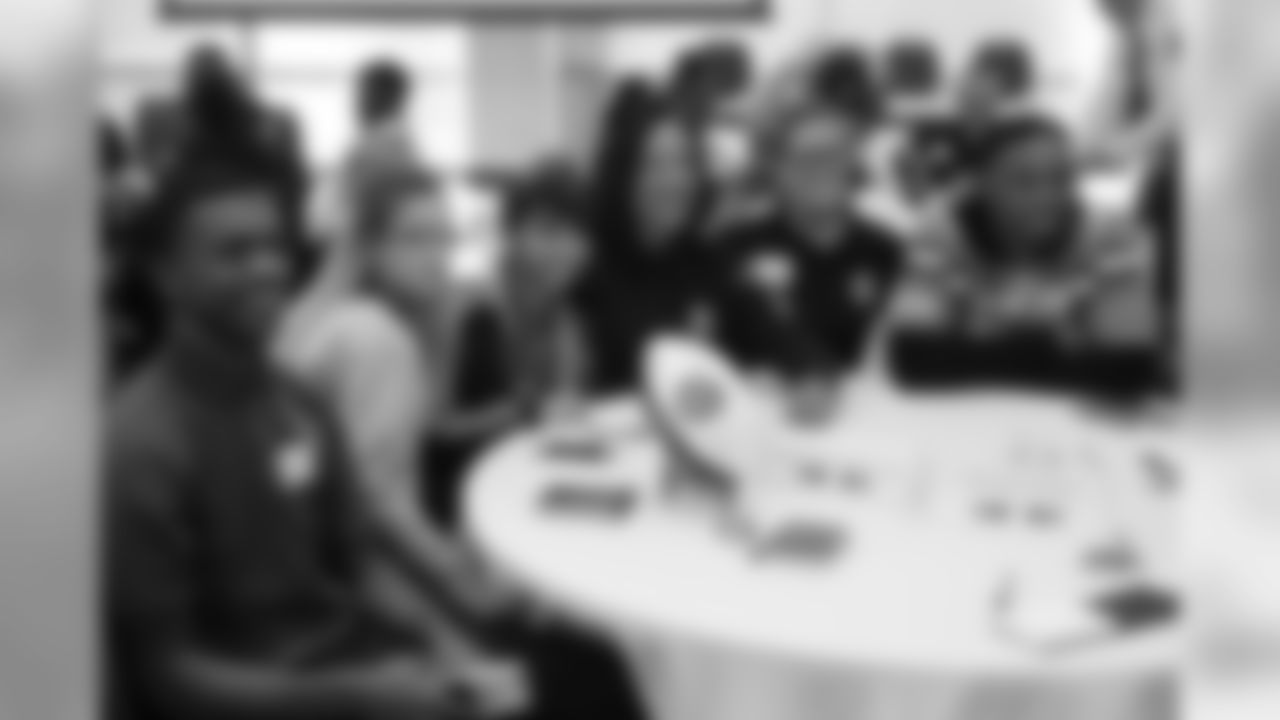
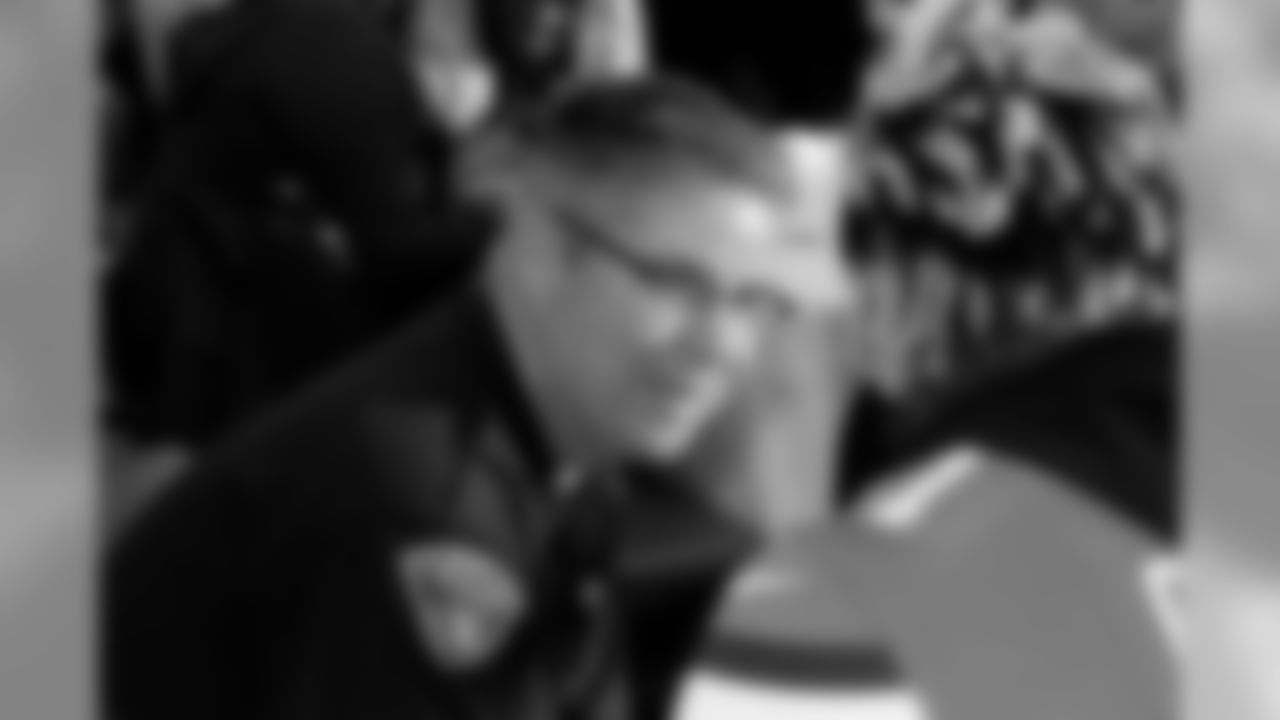
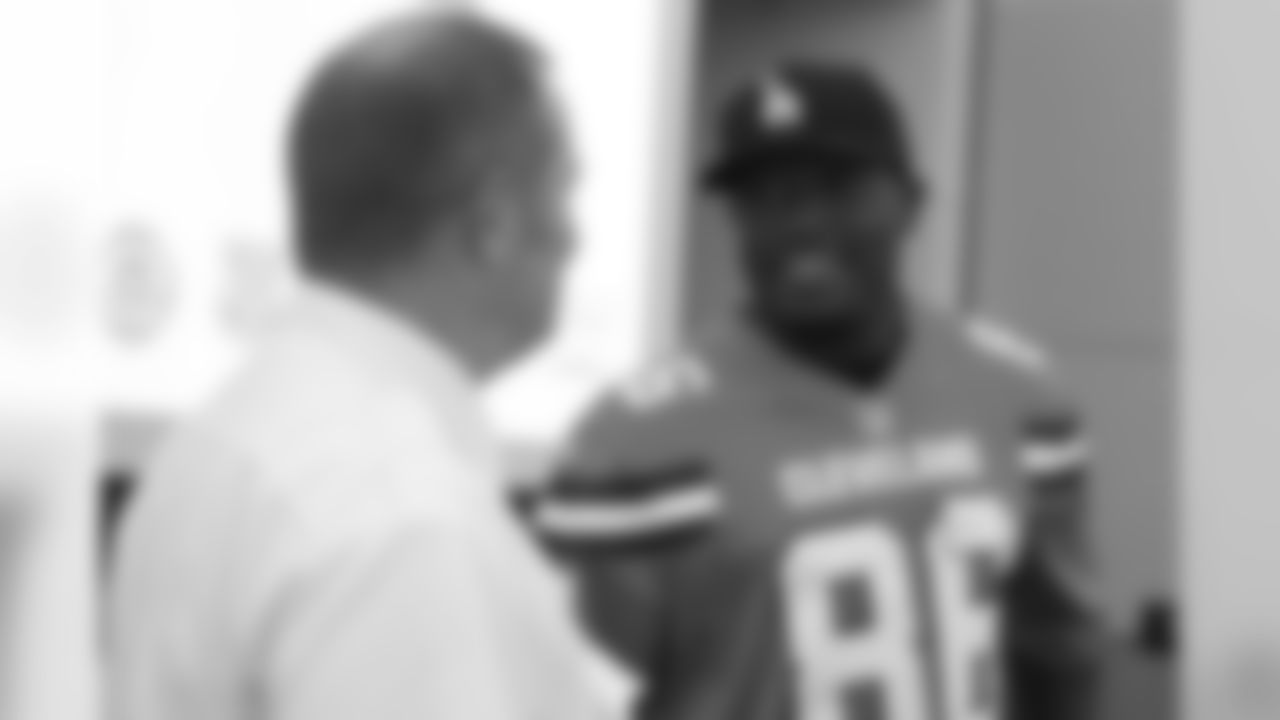
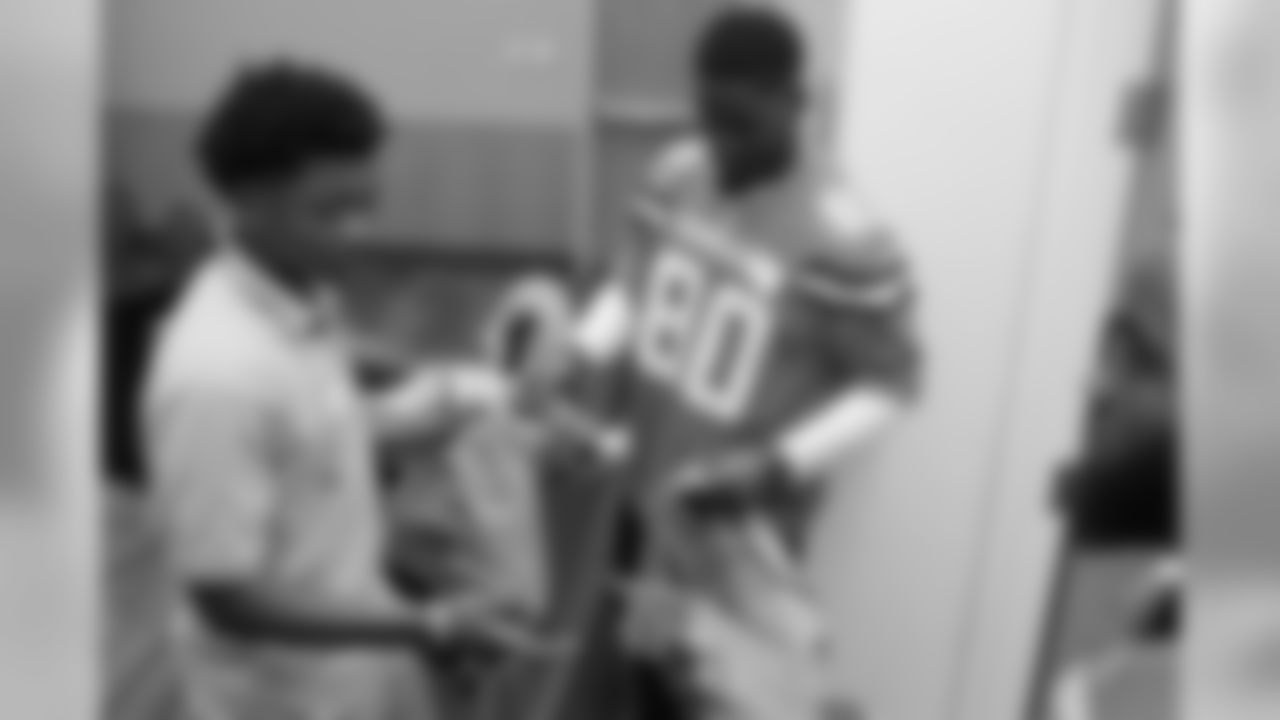
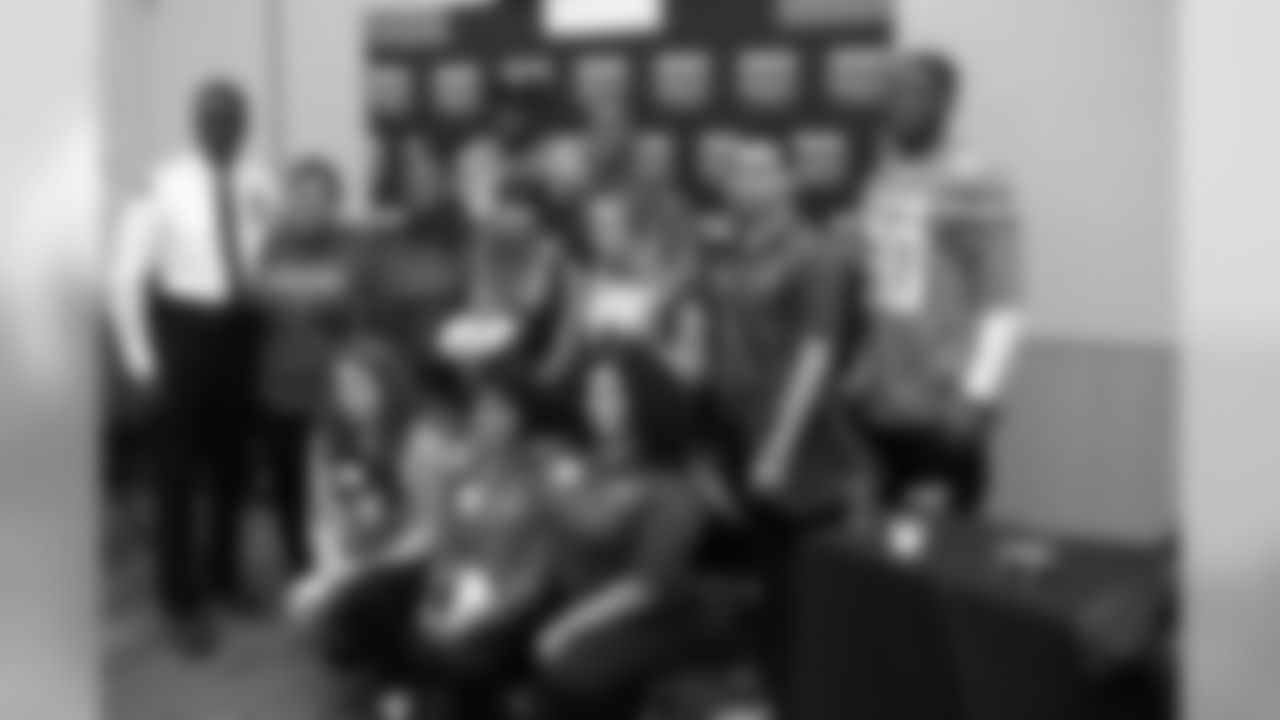
CLEVELAND — ** If change starts with awareness, awareness starts with an open and honest conversation.
That was the purpose of Tuesday's Neighborhood Equality and Unity Summit where Browns players united with Cleveland Police and Cleveland Metropolitan School District students to talk about social injustice, community perceptions, police-neighborhood relationships and other topics that impact the community.
"I think this is where it starts," defensive back Jason McCourty said. "Kids stood up and asked officers questions of how do we build relationships within the community and this is an instance in which we can do that."
McCourty, Christian Kirksey, Randall Telfer, Seth DeValve, Jamie Collins Sr., Ibraheim Campbell, Ricardo Louis and Marcus Martin joined forces with officers, including chief of police Calvin Williams, Cleveland mayor Frank Jackson, and roughly 45 CMSD students from East Tech, John Adams, John F. Kennedy, Lincoln West and Martin Luther King Jr. High Schools for a wide-ranging conversation aimed at affecting change at Cleveland State University.
The first part of the afternoon was dedicated to several small roundtable discussions — each table was a mix of Browns players, officers and students — before a panel event at the end of the evening.
"This is kind of our first attempt at real dialogue. I think one of the biggest points that has come out in the last year and a half as social inequality, equal opportunity has kind of risen to the forefront is that we need dialogue, we need good listeners and we need 100 percent participation and this is our first attempt at something like that," DeValve said.
"We're involving people of various ages, walks of life, races, different job descriptions, students, professional athletes, first responders, police officers, law enforcement. The conversations of have been good. Have we solved any problems? No, not yet at least, but we have heard from each other and heard each other's experiences regarding prejudice and the unique challenges that Cleveland schools face and Cleveland law enforcement face."
The hope now, of course, is Tuesday's discussion serves as a catalyst for change in and around the Cleveland community.
"I asked the students at my table, 'When you're in your neighborhood, do you feel safe? And a lot of them said, 'No, there are gunshots, there's violence going on outside my front door and it doesn't make you feel safe.' I followed up with, 'Well, what if an officer comes down? Do you get a sense of safety from that?' And their answer was, 'No,'" McCourty said.
"I think when you hear that and you start to build these dialogues of talking about an officer being in your neighborhood on a regular basis and you getting to know him by a first-name basis and feeling comfortable with him or her ... I think stuff like this and building those relationships is going to be what starts to make a real impact in our community."
The event comes as the Browns continue to stress the team's ability to bring the community together, regardless of race, religion, gender or socioeconomic background.
Earlier this month, several Browns players — including Kirksey, Telfer and DeValve — shadowed Cleveland police on a ride-along, using the shift as an opportunity to better understand one another and broach difficult topics.
Before its season opener against the Pittsburgh Steelers, the club unveiled a video highlighting values such as unity, respect and diversity. McCourty, Telfer, DeValve, Kirksey and Collins were among nine players featured in the piece that continues to run before every home game. Browns players also linked up arm-and-arm with police officers and members of the military prior to the Steelers game in a show of solidarity.
The hope is Tuesday's event marks another step in that direction.
And it starts with a conversation.
"I think a big gauging of progress is simply awareness. Racism is something in this country that not everybody is even aware of or admits is real, so just bringing people to the mutual understanding of each other and the issues that we face as a country is progress, because once you are aware, then you start wanting to get involved," DeValve said.
"You want to start being a part of the solution, so the less people who are a part of the problem, the more people that are a part of the solution. We are kind of raising mutual awareness today about each other's lives and stories and unique challenges, so I believe that is a big, giant step forward."




